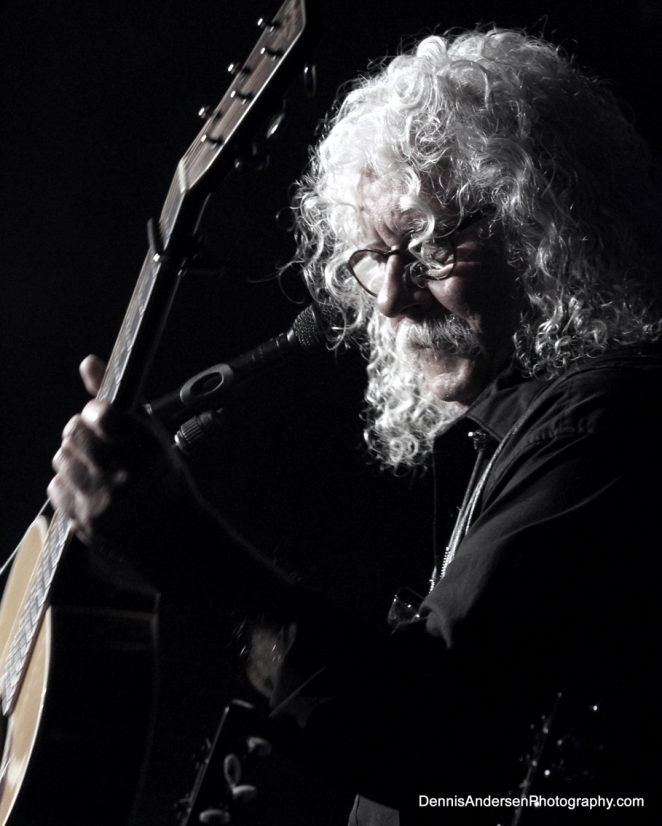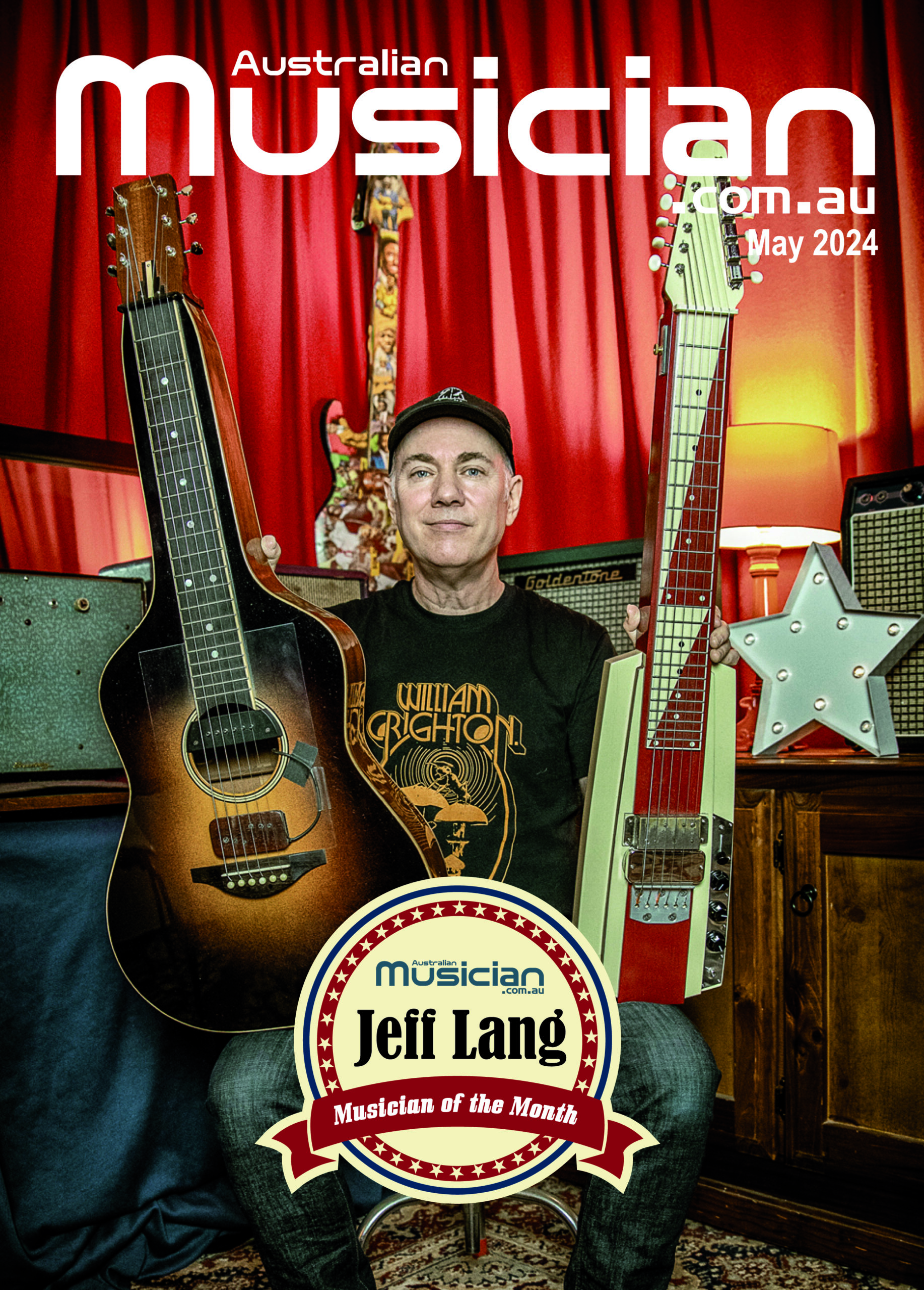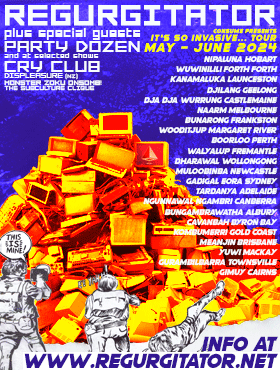 Arlo Guthrie always had big shoes to fill. His father was America’s most beloved singer/songwriter and philosopher Woody Guthrie. However, with his quirky performance style and storytelling ability, Arlo was able to pave a successful music career of his own. First finding success with his 1967 album Alice’s Restaurant, which later became a feature film in which Arlo played himself, then cementing his name in pop culture with a legendary performance of his song Coming Into Los Angeles at the Woodstock music festival, Arlo no longer stood in his dad’s shadow. With further hits such as City of New Orleans hitting the airwaves globally, Arlo proved that he too was a significant voice in the American folk music movement. Adding to that, he and fellow folk music icon Pete Seeger then created a legendary collaboration that was sustained for over forty years. Their last show together was in November 30, 2013 at Carnegie Hall, only a few months before Pete passed away at the age of 94. Inspired by his parents’ activism, Arlo has always been passionate about social causes and is still involved today via The Guthrie Center, a not-for-profit interfaith church foundation dedicated to providing a wide range of local and international services. Ahead of his appearance at Bluesfest 2019, Arlo Guthrie kindly took some time to ponder a little Q&A for us.
Arlo Guthrie always had big shoes to fill. His father was America’s most beloved singer/songwriter and philosopher Woody Guthrie. However, with his quirky performance style and storytelling ability, Arlo was able to pave a successful music career of his own. First finding success with his 1967 album Alice’s Restaurant, which later became a feature film in which Arlo played himself, then cementing his name in pop culture with a legendary performance of his song Coming Into Los Angeles at the Woodstock music festival, Arlo no longer stood in his dad’s shadow. With further hits such as City of New Orleans hitting the airwaves globally, Arlo proved that he too was a significant voice in the American folk music movement. Adding to that, he and fellow folk music icon Pete Seeger then created a legendary collaboration that was sustained for over forty years. Their last show together was in November 30, 2013 at Carnegie Hall, only a few months before Pete passed away at the age of 94. Inspired by his parents’ activism, Arlo has always been passionate about social causes and is still involved today via The Guthrie Center, a not-for-profit interfaith church foundation dedicated to providing a wide range of local and international services. Ahead of his appearance at Bluesfest 2019, Arlo Guthrie kindly took some time to ponder a little Q&A for us.
What do you think is the main character trait that Woody passed onto you, either deliberately or just through osmosis?
I’m told he was pretty stubborn, and people say that about me too, but only people who know me well.
You were quite young when you gained attention for your songs. How did you handle that attention initially?
Who can remember? It was over 50 years ago that I began playing some of the small clubs and coffee houses that were popular at the time… All I can tell you is that I didn’t try to handle it at all. I was just going with the flow. I was having a good time. And I still am.
How do you think you would go if you were starting out your music career today in the social media age?
I’m getting to the age where I am starting out everyday. At least in my mind. So far, so good.
What’s the best piece of advice anyone ever gave you in relation to music or just life in general?
I distilled some of my father’s thoughts and put them in my own words: “It’s better to fail at being yourself, than to succeed being somebody else.”
Has your method of songwriting changed much over the years?
I haven’t written much lately, but I tend to like it more than the stuff I wrote decades ago. Naturally, that’s just me. Most people like the older stuff.
What was the last song that you heard that made an impact on you?
Probably the last one I heard. But I don’t remember what it was.
Are your antennas always up in regard to receiving song ideas or do you usually need to sit down purposefully to create something?
I’m just trying to fit the best of what I’ve already written into a night’s performance. There’s hundreds to chose from, so I’m not looking to complicate it by adding new things.
Are you the kind of songwriter who has an archive of song ideas on tape or written notes that you might revisit over time, even years later?
I’ve got songs and tunes that need finishing – Ones I began but never got around to completing. I wouldn’t call it an archive so much as a list.
Tell me about your guitars throughout the years. Have you had many? Any romantic tales attached to any of them?
My father gave me my first guitar for my 5th birthday, a Gibson 3/4 size guitar. I still have it although it’s on display at The Woody Guthrie Center in Tulsa, Oklahoma. He bought me a small Martin mahogany guitar when I went to high school (I was 13). I still have that as well. When I graduated high school my mom bought me a Martin D-18, and that’s hanging on a nearby wall. Somewhere back in the early 1980s I bought a prototype Martin – an M-38 (now known as a OOOO – quadruple O). My old buddy, David Bromberg had a big hand in developing that style guitar. That’s the guitar I primarily use these days. I hadn’t seen David for a long time, but we just did a gig together this last August (2018), and he was still playing the same model. We both love ‘em. Over the years I’ve also picked up a gorgeous looking and sounding Gibson J-200 Vine. I play that every night too. And I have a couple of guitars made out of carbon fiber, one a 12 string and one 6 string, that I take with me, especially good in bad weather if we’re playing outdoors. There’s a Manuel Velasquez flamenco guitar I play on the bus going down the road. That’s a lot for one guy, and quite enough.
What led to the creation of the The Guthrie Foundation, and what are some current projects that the Foundation is involved with?
I can’t answer this in a few words. That’s a book. But, we do good stuff.
What are your memories of previous Australian tours?
Australian performer/song writer, Jodi Martin has always been kind enough to open the shows for our previous tours there. So, I naturally have wonderful memories of times we spent, places we’ve gone, and things we’ve done. My friend, Richard James was the guy who usually brought us over, and I loved working with him. I guess it’s always the people I think of, not the occasions. I’m looking forward to seeing old friends and meeting new people this next trip.
What are you most proud of in your musical career?
I’m pretty astounded that I even had a career. And I’m proud to have that attitude.
BLUESFEST BYRON BAY
April 18-22, 2-019
https://bluesfest.com.au/


